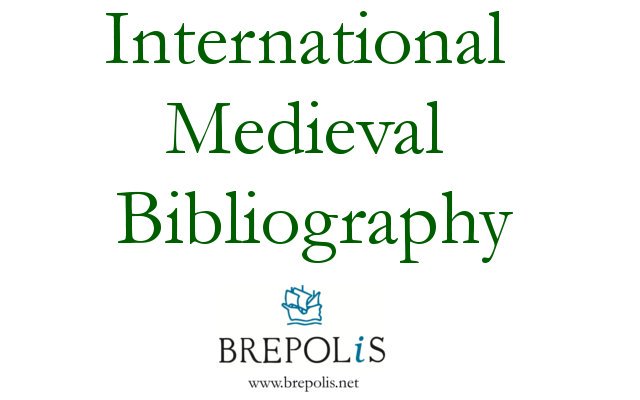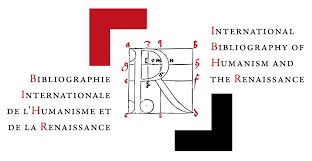Perception of Russia and Russian Literature in the Czech Moderní Revue Magazine in the 1920s
DOI:
https://doi.org/10.31168/2073-5731.2024.3-4.10Keywords:
Czech periodicals, Russian-Czech literary connections, Moderní revue, perception of Russian literature, Russian-Slavic literary connections, nationalistic periodicals, right-wing periodicalsAbstract
In the 1920s, after the Czech Republic gained national independence, in conditions of highly politicized culture, when periodicals played a major role in ideological propaganda and public polemics, and the political and cultural life of Russia was one of the main objects of reception and a tool for manipulating public opinion, the founder of the “Moderní Revue” magazine, which appeared at the turn of the century promoting modernist art, A. Procházka, gave it a radical nationalist orientation. The reorientation of the periodical to socio-political issues also affected the perception of Russia and Russian literature. Most of the materials about them, representing a pronounced anti-Bolshevik and at the same time anti-Semitic position, were associated with revolutionary events and their influence on the Czech Republic and Czech culture – the Russian Revolution, for example, became the impetus for the emergence of the phenomenon of legionnaire literature. Adhering to the views of refined aestheticism, the editors rejected politically engaged Soviet literature, but at the same time, the work of emigrants aroused among critics only regret at the death of a once great nation. Admiration on the pages of the magazine was expressed only in relation to the work of F. M. Dostoevsky, in whose case, publications of his work or about him in Czech were criticized for not taking his legacy seriously enough.
Received: 07.03.2024.
Revised: 12.03.2024.
Accepted: 24.09.2024.
Citation
Amelina A. V. Perception of Russia and Russian Literature in the Czech Moderní Revue Magazine in the 1920s // Slavic Almanac. 2024. No 3–4. P. 216–227 (in Russian). DOI: 10.31168/2073-5731.2024.3-4.10






